Teaching Traveling: Today we welcome my brilliant Brown University classmate, Winston Groman, to talk of his fascinating teaching-traveling. Winston, tell us about yourself.
Winston: I’m from Miami, Florida, so it’s pretty natural that I ended up studying Spanish literature in college and in grad school. My first substantial teaching experience came in Harvard grad school, where I taught first-year Spanish for three years, from 2008 until 2011.
I recently left my grad program, however, because I realized that my mind was more geared towards feeling emotions and acting upon them creatively rather than analyzing them. I’m apparently an INFP in the language of Myers-Briggs, so this realization was a long time coming, given my “intuitive” and “feeling” nature, and I now find myself in the Bay Area, ready to explore and express the truest parts of that nature.
I left grad school a a little over a month ago, and I find myself in a transitional moment. I know that teaching will play a huge part in my life moving forward, but I’m not sure how yet. I could easily and effectively teaching Spanish in some high school, but I am convinced that the truest realization of my calling as a teacher will take me outside of the classroom and more fully into the wider world.
TT: Tell us about your travels!
W: A few years ago, I got to visit my father, whom I had not seen for almost a decade, on his native island of Sint Maarten, just in time for Father’s Day. I went again the next year, and I stayed there for a few months in the summer of 2010, and I got to see and experience a decent chunk of the local culture, away from the huge cruise ships and manufactured beaches.
That’s not to say that I didn’t take advantage of those beaches, only that I spent just as much time at the Satay Truck by the Great Salt Pond and at the Chinese/Surinamese restaurant across the street from my father’s job!
I even had some educational experiences in Sint Maarten! As many know, half of the island is Dutch, while the other half French. For this reason, I took French lessons for about a month, thanks to which I am able to at least read French at this point. I also got to teach a little bit of Spanish, to a young coworker of my father and his family, who had recently moved to the island from Holland and were eager to partake of the linguistic diversity of the island.
And it is diverse! There aren’t really even 50,0000 people who live there, but they might have spoken 25,000 languages! I’m exaggerating, but you could easily hear English (usually of the Virgin Islands Creole Variety, which is the native language of the majority of the Sint Maarteners), Dutch, French (mainly from French tourists on the French side), Spanish (given the significant number of immigrants from the Dominican Republic), Papiamento (from the Dutch A.B.C. Islands off the coast of South America), Haitian Creole, and even Surinamese Sranan Tongo.
I was always super excited to hear Papiamento, Sranan Tongo and Dutch, since I hadn’t really heard these languages since my early childhood, and hanging around my father and his friends and colleagues, I was never disappointed!
Also, I was on the island during the 2010 World Cup, and like you’d expected everyone was crazy about soccer. As a Dutch (and French) colony, you’d think that people would root for Holland (or France)–but nope! Brazil was certainly the popular favorite! I guess colonialism (whether “benign” or not) doesn’t foster the same sense of patriotism as, say, patriotism!
TT: Love it! How did you find this travel opportunity?
W: I got to visit Sint Maarten because that is where my father was born and where he currently lives. As a result, I got to experience the “inside” of the island (if such a thing can be said to exist on an island of less than 50,000 people) and my experience was vastly different from the bulk of tourists who visit the island on cruise ships and who never stray from the boardwalk area that surrounds the main beach.
I’m not knocking this more traditional way of visiting and experience Sint Maarten, since (for better or worse) the cruise industry essentially constitutes the whole local economy. I’m just saying that I’ve never been on a cruise in my life. And I’m from Miami! (Though maybe there’s no reason to go on a cruise if you live in Miami.)
TT: Good point! Tell us what was particularly powerful or funny about your trip.
W: Well, for starters, I got to see the house that my father was born in. Appropriately enough, it is now a jewelry store on the main street for cruise shoppers! I also, for reasons I will not disclose, got to risk my neck hanging up a storefront sign for a Zumba gym! Thankfully my balance was better than that of the goat that fell out of the dumpster that I threw trash into one morning!
TT: Hah! How have your travels impacted you as a teacher and in your career?
W: This sounds like a cliché, but one often learns from travel that the best teachers are just ordinary people. After many years of highfalutin education, my trip to my father’s birthland calmed my spirit a bit and humbled my mind. I came back to the States much more willing to relate to my students as people, and with a healthy dose of Caribbean languor, which certainly improved my patience as a first-year language teacher!
Most importantly, Sint Maarten revived my love for languages. Now that I’m out of school and free from obligatory readings, I think it’s time to recover all the Dutch and Papiamento I lost in the last 20 years!
TT: Nice. How have your travels impacted you as a person?
W: Travel should always be more mental than physical. Dare I say more spiritual than physical? I got to go to Belize (where my mother’s family is from) when I was younger, and so going to Sint Maarten allowed me to put another footprint into ancestral soil.
It was the end of a phase in my life and the beginning of a new personal era, and in a weird and undefinable way, I felt complete for the first time. I also wrote a bunch of sonnets while there that can be read at:
http://www.urbansonnets.com/
I later made an e-book on Amazon.com with some of these same sonnets, which was the first time I’d ever published myself. Obviously, no one bought it, but it’s still something of an accomplishment!
TT: I read your sonnets and love them, and suggest others do, too! You’ve written so many and they are such an accomplishment. So, what advice do you have for other teachers who are dreaming of travel?
W: Well, I’m no good with practical advice, so I’d tell any teachers who dream of travel to do so, and to not stop dreaming once they get there! Or after they get back! As Todd Rundgren says, “A Dream Goes on Forever”, and behind the ABC’s, 123’s and the X’s and O’s of teaching, lies the truth of the teacher’s vocation: that of making dreams forever real.
TT: Thanks so much, Winston! Readers, what questions or comments do you have for this Urban Sonneteer and World Linguist-Teacher-Traveler?

The author, Lillie Marshall, is a 6-foot-tall National Board Certified Teacher of English from Boston who has been a public school educator since 2003. She launched TeachingTraveling.com in 2010 to share expert global education resources, and over 1.6 million readers have visited over the past decade. Lillie also runs AroundTheWorld L.com Travel and Life Blog, and DrawingsOf.com for educational art. Do stay in touch via subscribing to her monthly newsletter, and following @WorldLillie on social media!


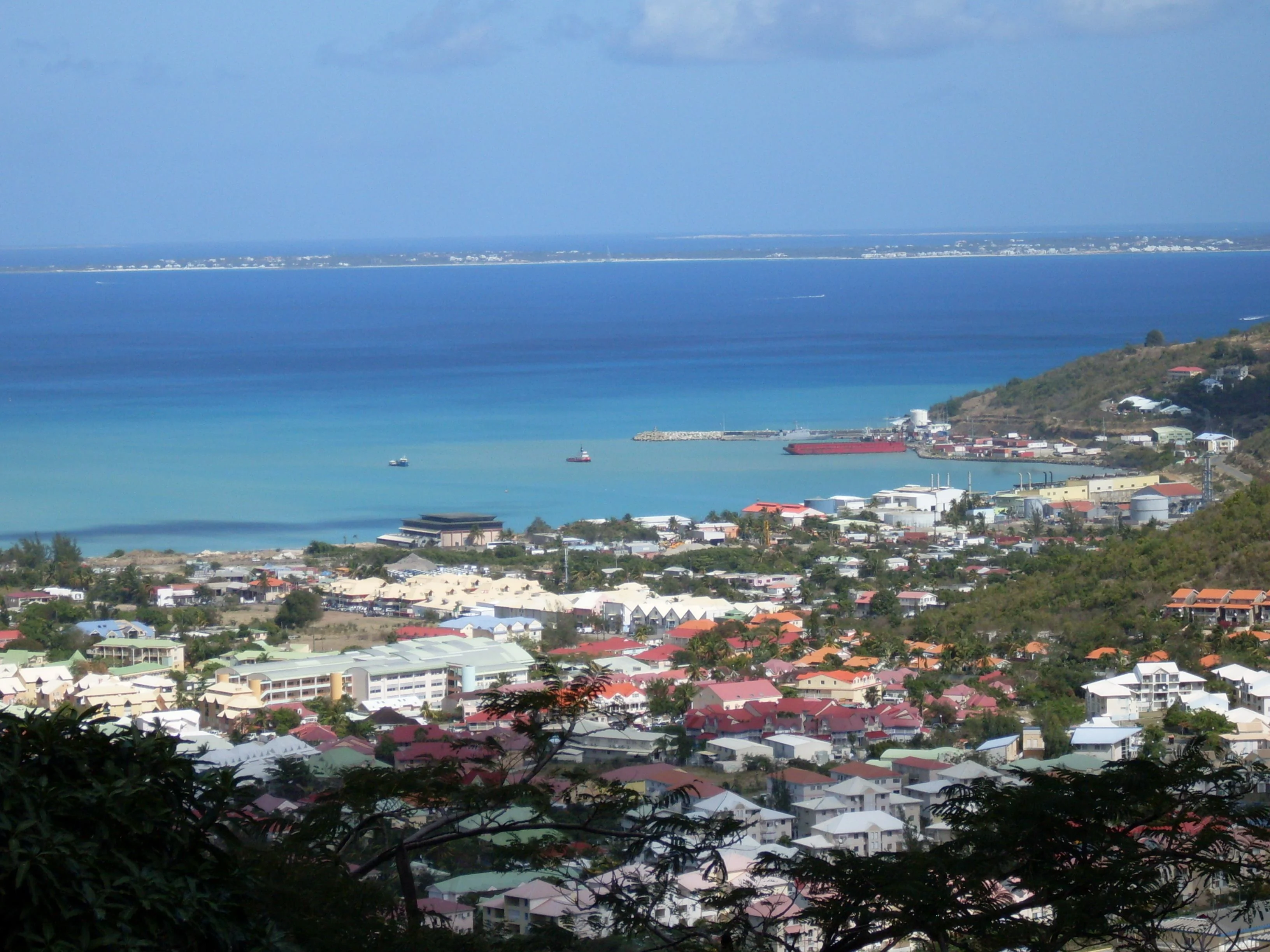
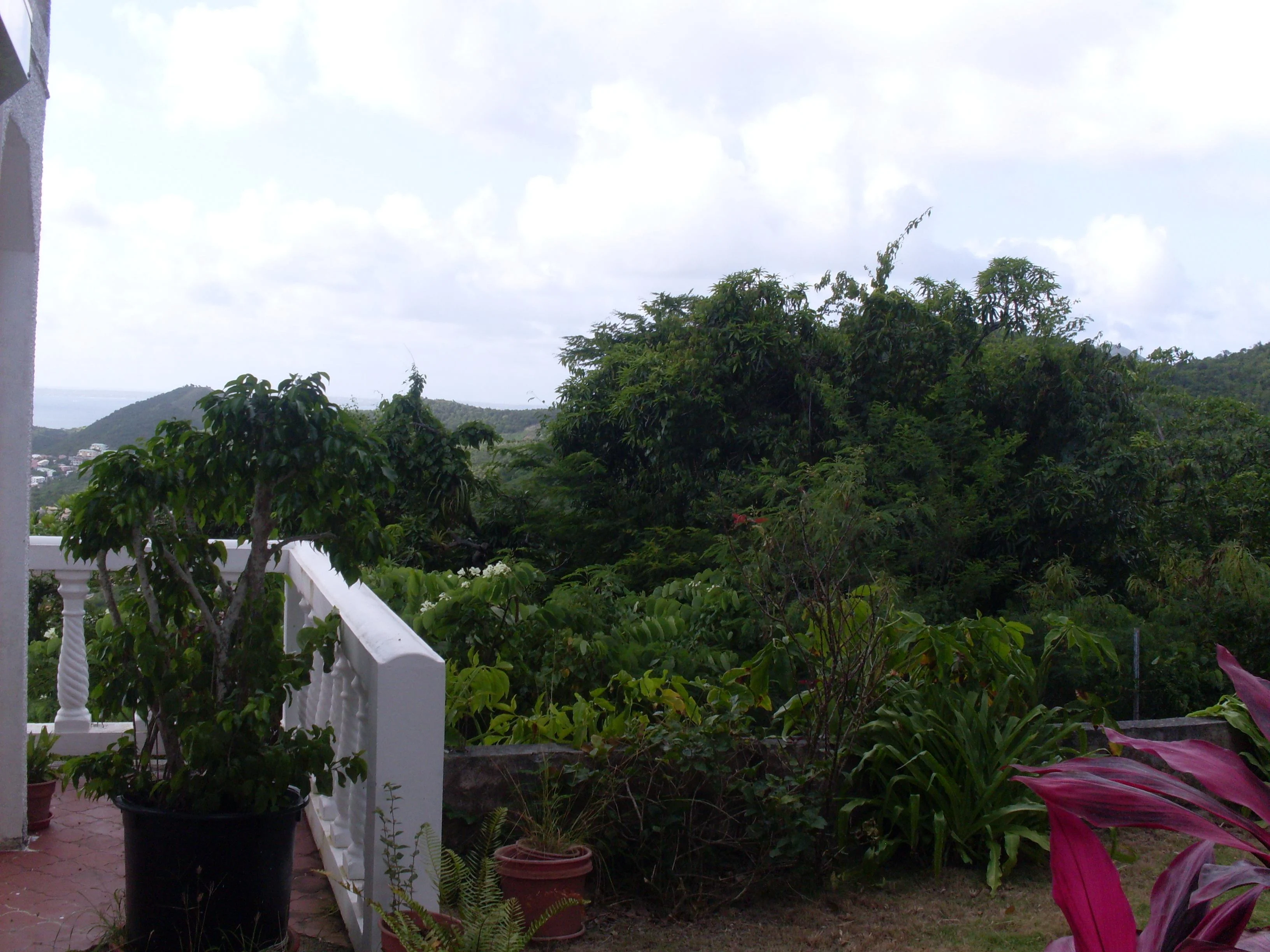
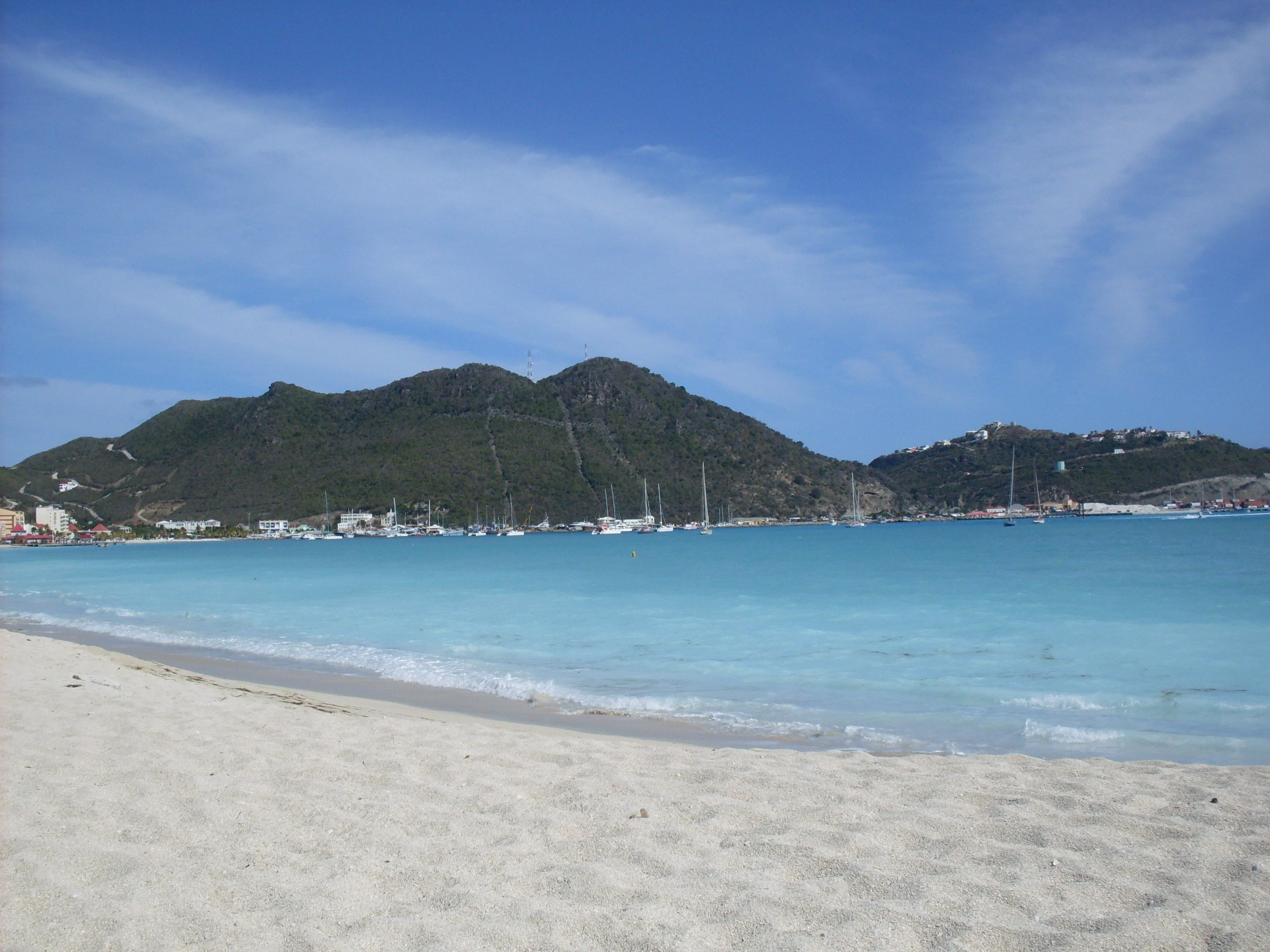
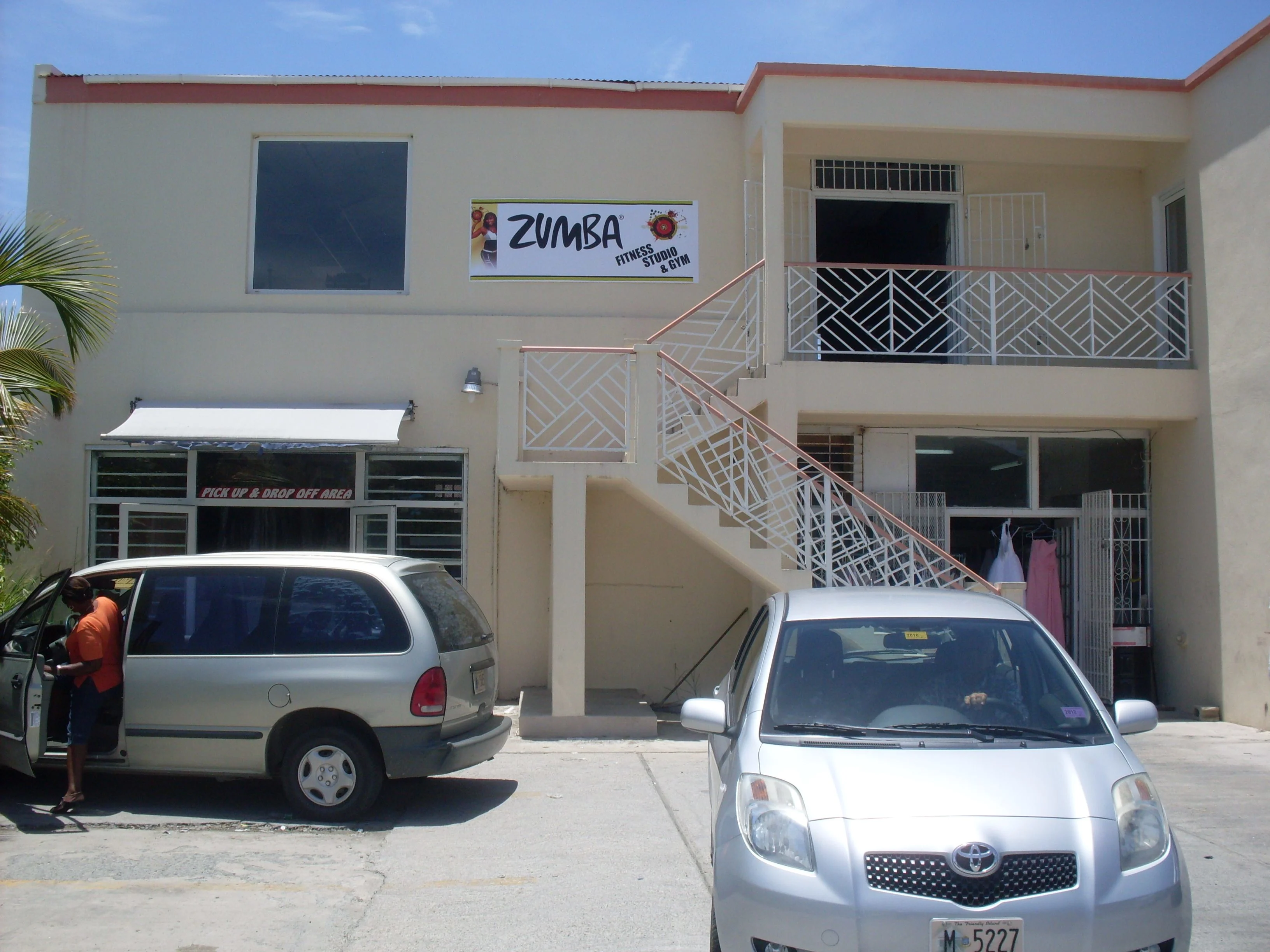
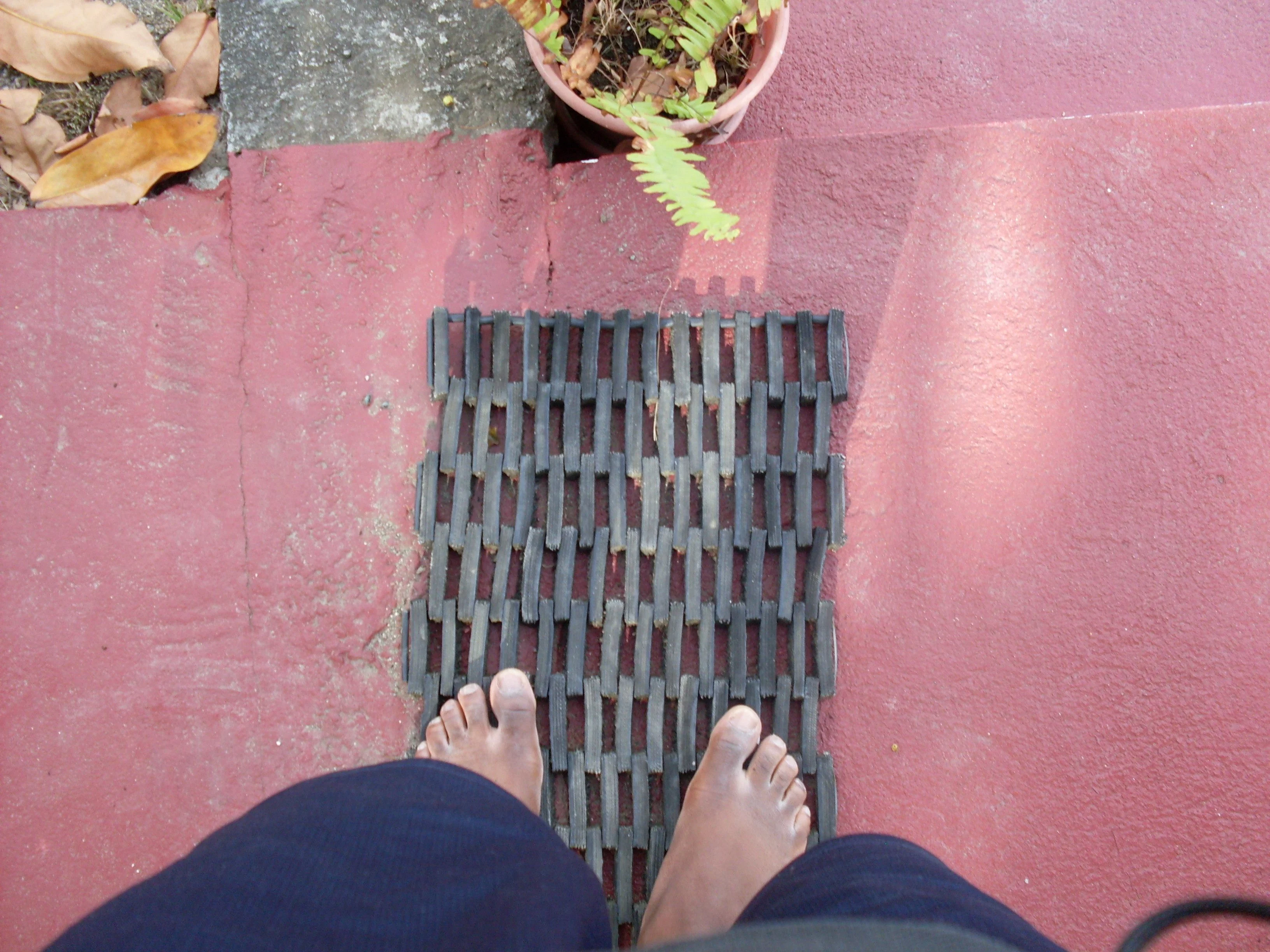

Jun Hao Lei
Wednesday 25th of January 2012
This guy went through a lot to take on teaching as a teacher. But all the places look very enjoyable and comfortable. Breezy and sunny looking bring in lots of tourist I bet.